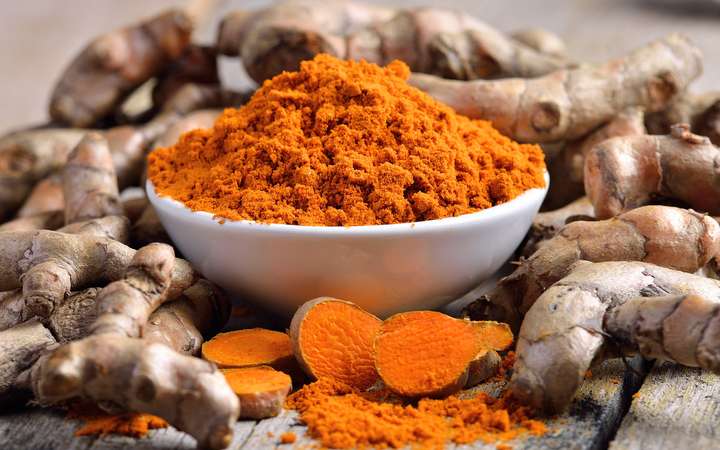
Turmeric is regularly talked about in health news. It must be admitted that this spice is of great interest to the scientific world and that it is therefore the subject of numerous studies.
We already knew the anti-inflammatory and anti-cancer properties of turmeric. Interesting properties are also mentioned in the prevention of Alzheimer’s disease. Recently, research has shown that turmeric extracts are much more effective in treating severe depression than using “Prozac”, one of the best known antidepressants in the world.
Turmeric seems to control body fat
2014 study published in Atherosclerosis, led by StMasana researcher from JeanMayer USDA Human Nutrition Research Centeron Aging at Tufts University in Boston, USA shows that curcumin, the most active antioxidant in turmeric, reduces absorption Cholesterol and low density lipoprotein improves the weight and body fat level in mice on a high fat diet.
Experience has also shown that curcumin increases fat excretion, which means it can reduce the risk of developing obesity.
Preventing a serious liver disorder
At a higher dose, the consumption of turmeric or a curcumin supplement can prevent or stop the development of simple or nonalcoholic fatty liver disease (disease caused by diabetes, a high blood lipid level or a diet rich in sugars , especially fructose).
Curcumin would regulate the level of glycogen in the liver. It should be noted that simple fatty liver disease affects an increasing number of people in the Western world, mostly without their knowledge. This is the consequence of the high consumption of fructose which is found in a very large number of products in the food industry, particularly carbonated drinks, fruit juices and sodas.
It would therefore be profitable to consume turmeric daily, which can easily be incorporated into the preparation of ready meals or sauces (especially curry) or to take curcumin supplements.